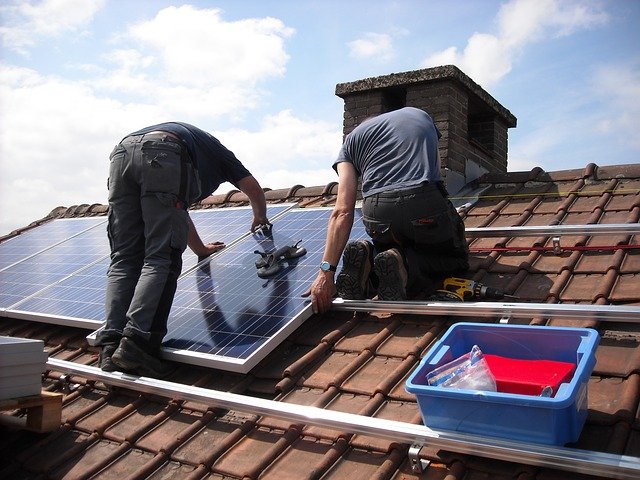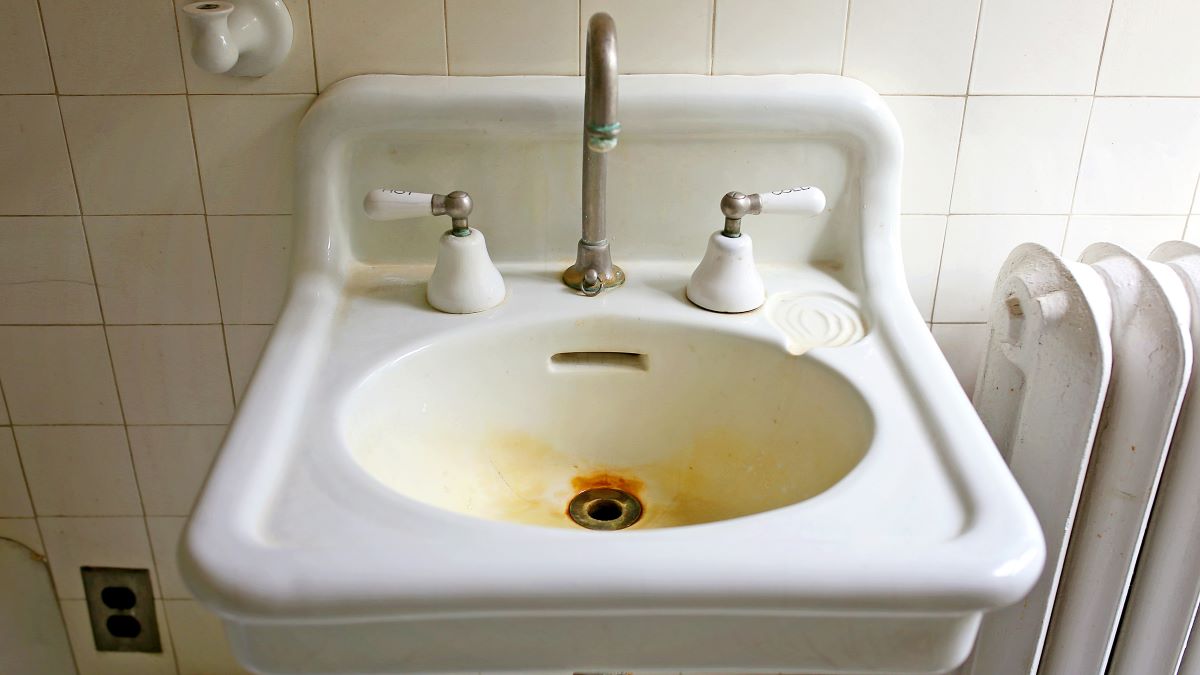More home and business owners are installing solar panels than ever before. And we now have a greater variety of panels and solar equipment to choose from than ever before. Depending on where you live, you probably have at least two or three solar installers that service your area. This means you have a lot of options when installing a solar energy system — which can be overwhelming.
Let’s explore some of the items to consider that will help you select a solar energy installer that can meet your needs.
Research Solar Installers
Like with any other home improvement project, it is wise to get at least two or three bids from licensed solar contractors with liability insurance. Here are a few ideas for finding potential installers.

Seek Recommendations & Online Reviews
If you know people with solar systems, you can ask them about their experience and possibly get referrals that way. Online reviews are also a good way to find some of the best installers in your area. Consider how long the company has been in business, the depth of their experience, their credentials, and their reputation.
Consider Local Businesses
Whenever possible, support small, locally-owned businesses. This is beneficial for your local economy and maybe even your pocketbook. A study from the National Renewable Energy Labs (NREL) found that small- to mid-sized installers charge 10% less than big installers.
Review Solar Contractor Qualifications
Another important thing to consider is the qualifications of a given solar contractor. The North American Board of Certified Energy Practitioners (NABCEP) certifies solar PV installers. Their requirements involve passing a written test and accumulating a certain amount of solar field experience. NABCEP certification doesn’t guarantee quality workmanship, but it does ensure a certain level of solar energy expertise and installation experience. Ideally, a NABCEP-certified professional will oversee your solar installation — or you will even have a NABCEP-certified installer on the roof.
Check Installer’s Use of Subcontractors
It is also helpful to know if a solar installer subcontracts out some or all of the solar installation. If so, find out what work the contractor will do themselves and what they outsource to a subcontractor. Subcontracting part of the job isn’t necessarily bad news. For example, they might subcontract a roofer to flash around the installation, which could improve the quality of the final results.
Compare Project Quotes
Now that you have received quotes from at least two or three reputable solar installers, it is time to compare them. This could be a bit more difficult than you might expect because it is rarely an apples-to-apples comparison.
Some of the most crucial things to consider are the warranties, quality of the solar equipment, appearance of the solar panels, financing, and when they can complete your installation.
Warranties
The solar equipment will come with its own set of warranties — this varies by the manufacturer and equipment model. There should also be a warranty on labor. Keep in mind that equipment failure can often require a couple of people to climb up on your roof to repair it. This can get expensive if labor is not covered. The more reputable equipment manufacturers and solar contractors are more likely to honor their warranties and to be in business down the road.
Equipment
Solar installers tend to have solar panels, inverters, and racking equipment that they prefer using. If you are particularly excited about a particular solar product, you can ask the contractor if they will use this equipment. This can also make it easier to make a more accurate comparison between installers’ quotes.
If you don’t have particular products in mind, it is still important to consider the quality of the equipment and that it fits your priorities. Some of the most relevant considerations for solar panels are their long-term power generation, product warranties, environmental performance, appearance, and module testing performance. Cheaper solar panels have a lower upfront cost, but they may also produce less power down the line. Some panels might be more expensive partially because they have a sleek, all-black appearance, which may not be a top priority to you.
Financing
Many solar installers partner with financing companies. If you need a loan to install your solar system, consider the financing company they use. For example, what are their rates, fees, and monthly payments? This not an issue if you do not need financing or you are not going through the solar installer to obtain a loan.
Scheduling
When comparing bids, it is also helpful to know when a given installer can get started. Because solar is booming, some contractors have a very full schedule for months. When your solar system is installed can also impact the percentage of the federal solar tax credit as it will taper down for the next several years, effective on the first of each year.
Power Generation
Another thing to consider is power generation. Many contracts will offer estimates on how much electricity a given solar system will produce. Some installers use more conservative methods when estimating this than others, so you do not want to take their estimates literally. For example, one installer may estimate that your roof is more shaded than another installer’s estimate. This means you may want to verify these numbers to make a more accurate comparison between bids. To do this, visit PVWatts Calculator by NREL.
It is a good idea to consider your future electric needs. If a given solar system is estimated to produce more than 100% of your electricity needs, it may be larger than necessary. Do you plan a purchase in the near future that will increase your power consumption, such as an electric vehicle or a heat pump? If so, it is useful to slightly oversize the solar system for the time being.
Electric Bill Savings
Also, installers may estimate your electric bill savings. Make sure they used an accurate power rate by viewing your electric bills.
Examine the Contract
It is common when reading solar installer reviews to find dissatisfied customers. In many cases, the salesperson promised the customer something verbally that they didn’t deliver on.
Make sure everything that the salesperson promised is included in the terms of the contract. For example, if your solar installer promised the solar company would remove and reinstall the solar system when the roof is replaced, make sure it is in the contract. If the salesperson promised the system would be installed by December 31, before the federal tax credit tapers down a few percentage points, look for that in the contract.
This article was originally published on September 2, 2019.
The post How to Compare Solar Energy Bids & Select a Solar Installer appeared first on Earth 911.








